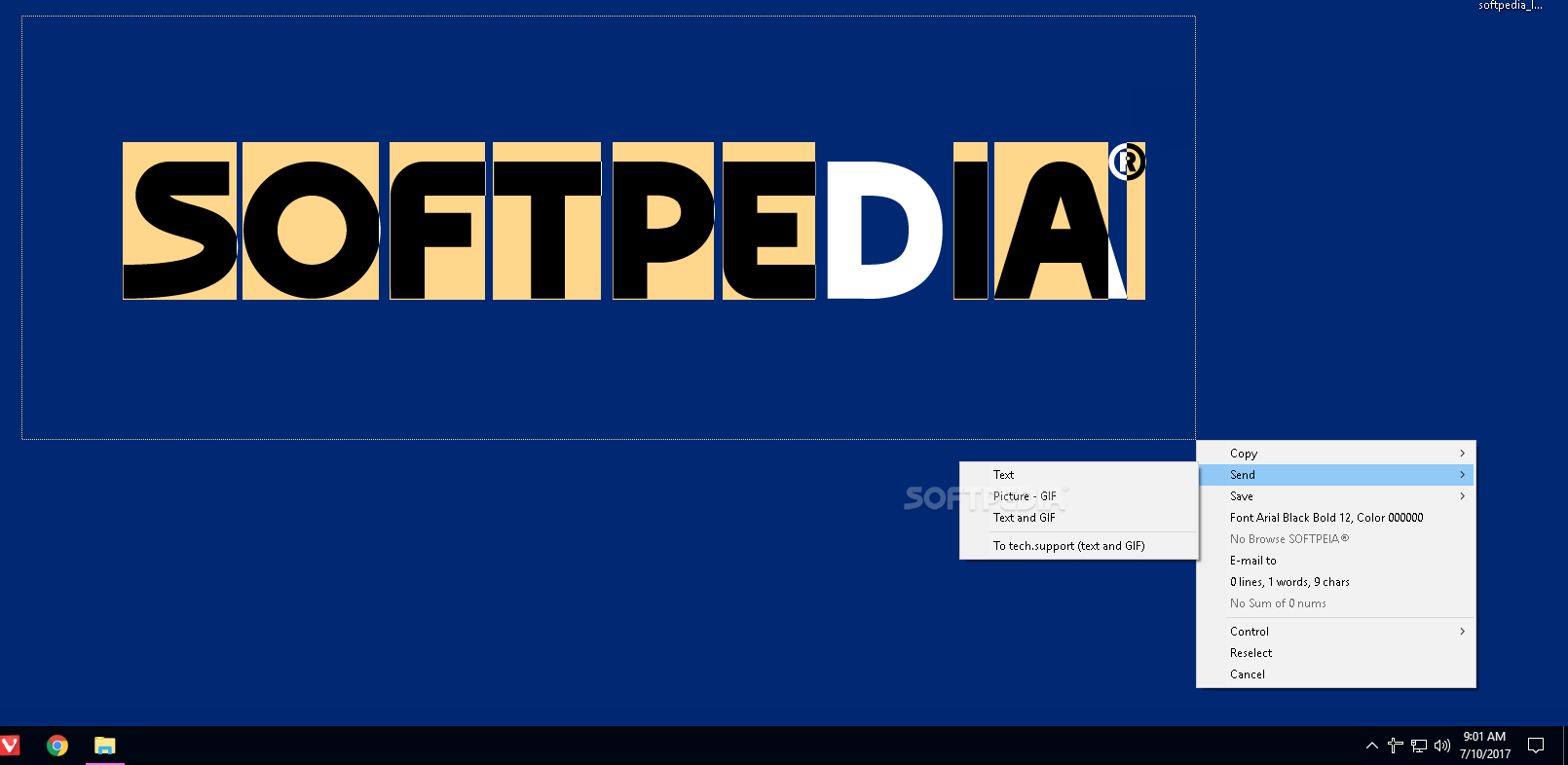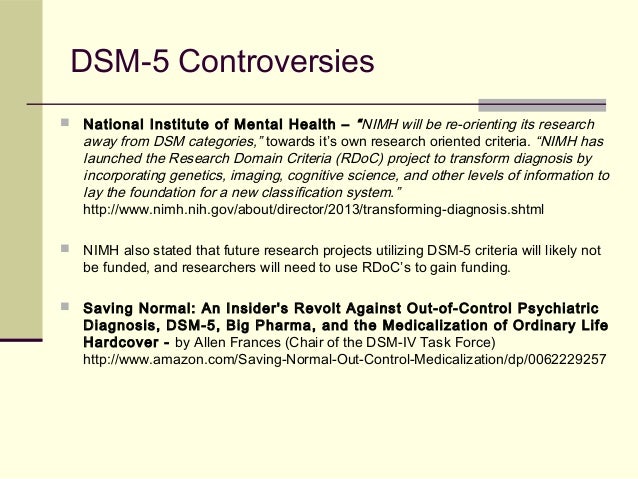

This is a reason why incidents of kleptomania are not usually planned – they are spontaneous acts. To change the negative way they are feeling, a new urge to steal is likely to start forming. But a kleptomaniac will then often have huge feelings of shame and guilt afterwards. When they steal, there may be a brief feeling of pleasure or even a “high” due to the release of dopamine, a neurotransmitter causing feelings of pleasure and that is thought to be one driving force behind addictions. So a kleptomaniac will often steal things that are not needed and not even worth much. Someone with kleptomania does not really steal for individual reward or financial gain – but mostly due to the fact that they cannot seem to resist the intense urge they have to steal. The person feels overwhelmed by these urges unless they act on them. These are disorders that are characterized by not seeming able to resist an urge, compulsion or temptation. It’s a mental health condition that’s considered by the American Psychiatric Association to be an impulse-control disorder. Finally, the behavior can’t be explained by some other mental condition like a conduct disorder, manic episode, or an antisocial personality disorder.Kleptomania is defined as the persistent irresistible impulse to steal.The person doesn’t steal for revenge or out of anger or as a result of a hallucination or delusion.They also feel pleasure, gratification, or relief after the theft. The same person experiences feelings of increasing tension immediately before a theft.The person has a “recurrent” inability to resist the urge to steal things, which aren’t needed for personal use or for monetary gain.National Institutes of Health Go to source People who have kleptomania will have engaged in a pattern of stealing behaviors for a few months or even several years.
KLEPTOMANIA DSM 5 ARCHIVE
X Research source X Trustworthy Source PubMed Central Journal archive from the U.S. Officially, at least, these criteria are what will decide whether a person can be diagnosed with kleptomania. To diagnose kleptomania, a person will need to display these criteria to the exclusion of other possible causes.
KLEPTOMANIA DSM 5 MANUAL
The fifth edition of the Diagnostic and Statistical Manual of Mental Disorders, or DSM-5, lists kleptomania as an impulse control disorder with a number of specific criteria. Kleptomania may occur along with (or lead to) other mental problems like depression, compulsive gambling or shopping, anxiety, and eating disorders.Īssess according to the DSM-5.The latter often occurs in people with head injuries or brain trauma. Kleptomania is also associated with addictive behavior and substance abuse, like being addicted to alcohol, drugs, or nicotine, and appears more frequently in people with impulse control problems.


After, however, many report guilt, remorse, and shame and have a fear of being arrested.



 0 kommentar(er)
0 kommentar(er)
